Project-Crowdsensing
NeTS: Small: Collaborative Research: Enhancing Crowdsourced Spectrum Sensing through Sybil-proof Incentives
NSF 1717197 and 1717315, 10/01/2017-09/30/2021
Project description

Database-driven dynamic spectrum sharing has been advocated by the Federal Communications Commission as one of the most promising methods to address the spectrum shortage and improve the spectrum utilization. In such a system, a spectrum service provider (SSP) accepts registrations from primary users and determines spectrum availability based on their use of spectrum. Secondary users interested in using the spectrum are required to contact the SSP to inquire about spectrum availability in any band of interest. Leveraging the power of crowd-sourcing, spectrum sensing becomes a key enabler for effectively improving the spectrum-estimation accuracy. In crowd-sourced spectrum sensing, an SSP outsources spectrum-sensing tasks to a large number of recruited mobile users. However, many existing incentive mechanisms for crowd-sourcing are vulnerable to Sybil attacks, where an attacker illegitimately forges multiple identities to gain benefits but degrades the performance. The goal of this project is to enhance crowd-sourced spectrum sensing by designing Sybil-proof incentive mechanisms that overcome the shortcomings of current incentive mechanisms.
Note: this is a collaborative research project with Dr. Guoliang Xue from Arizona State University. The website at ASU can be found here.
personnel
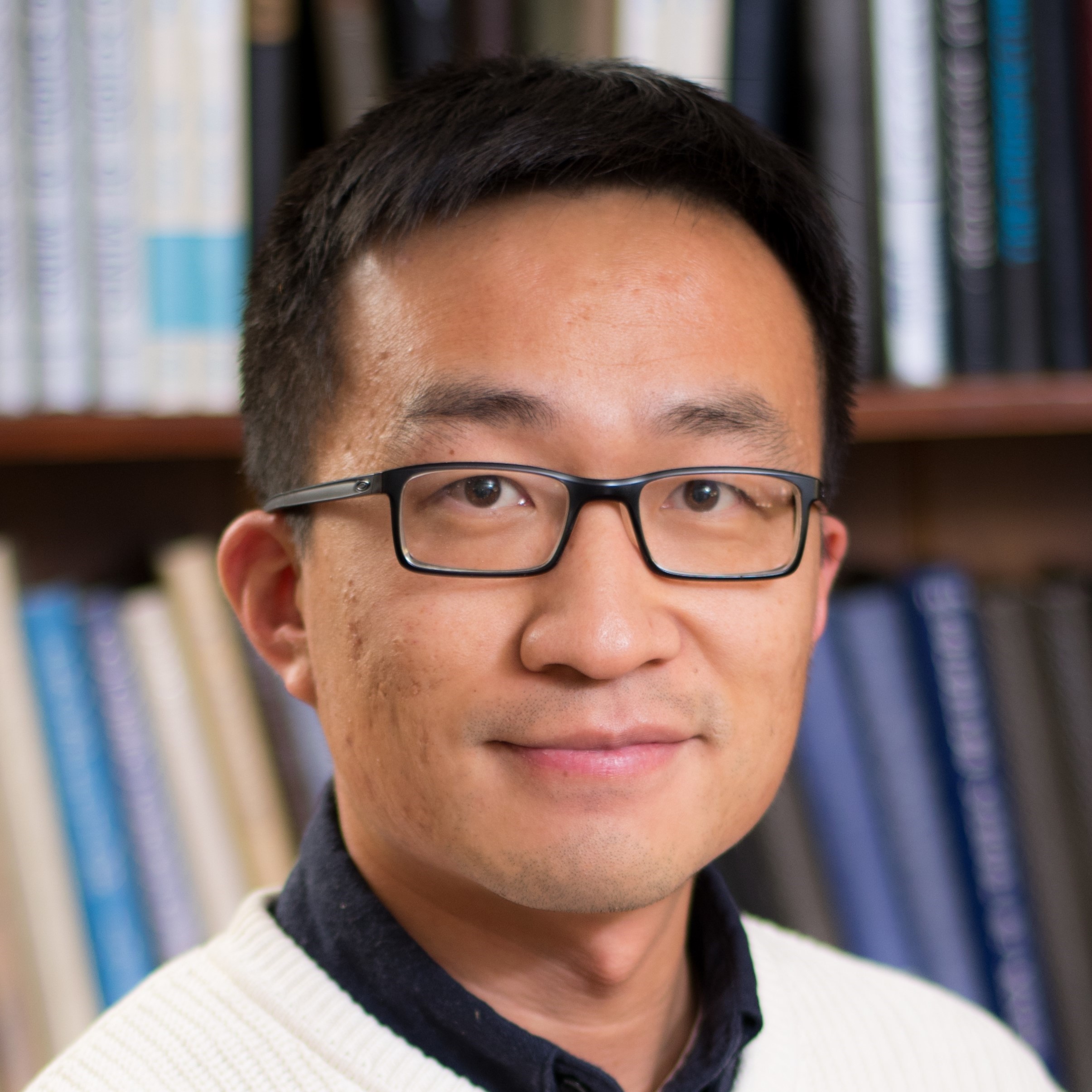
Dr. Dejun Yang
PI@Mines
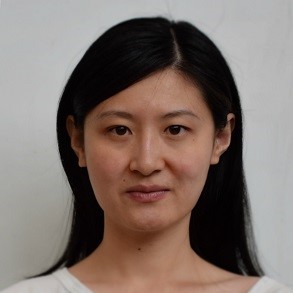
Yuhui Zhang
(Graduated in 2021)
PhD
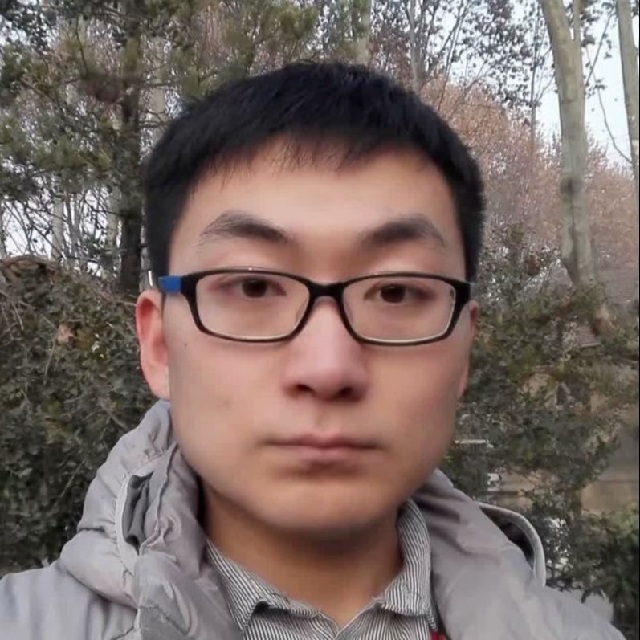
Nan Jiang
(Graduated in 2021)
PhD
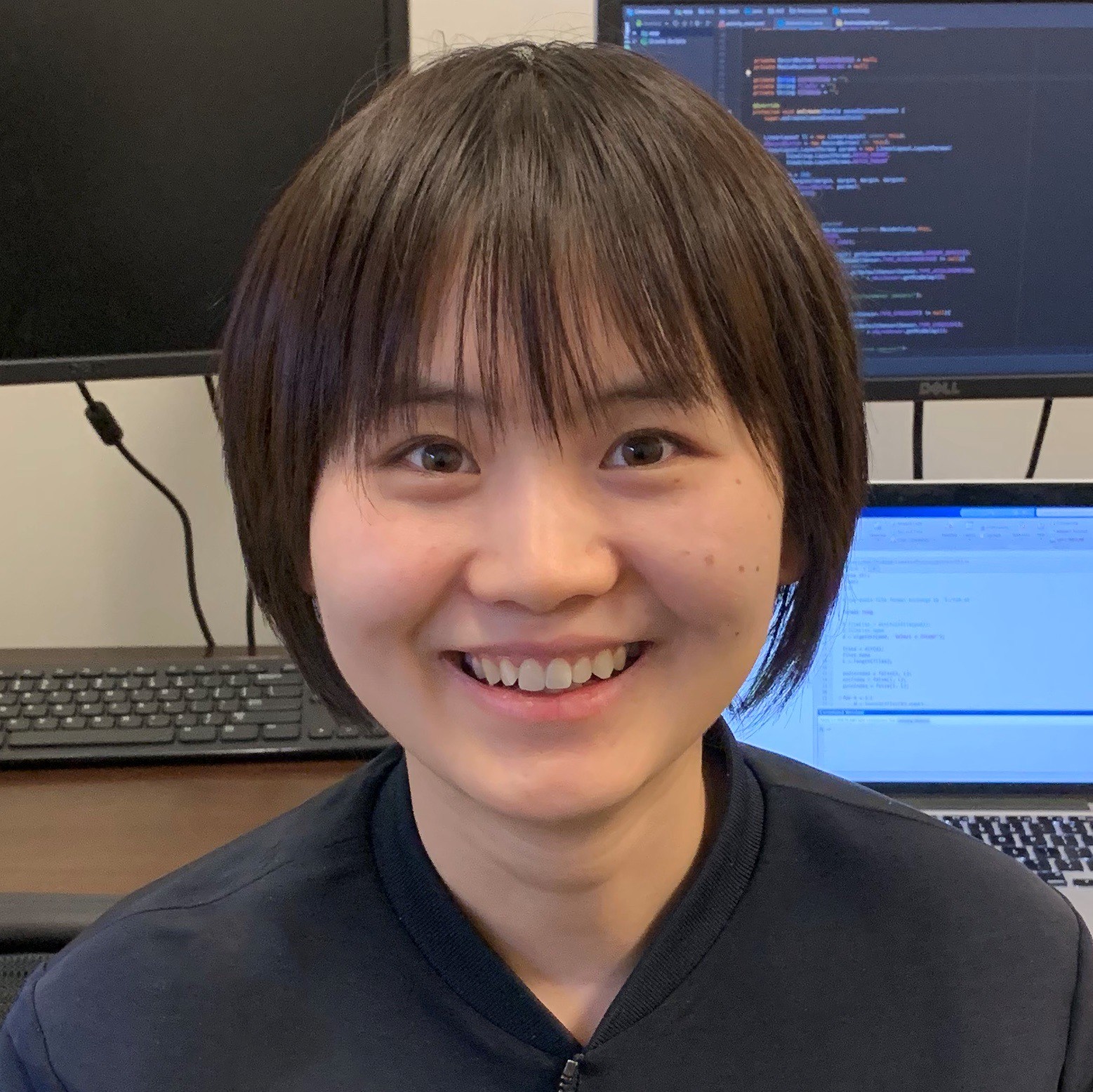
Ming Li
(Graduated in 2020)
PhD
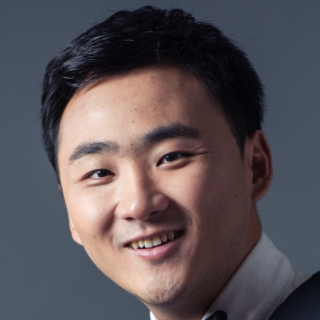
Jian Lin
(Graduated in 2019)
PhD
Collaborators
- Guoliang Xue, Arizona State University, USA
- Jian Tang, Syracuse University, USA
- Jia Xu, Nanjing University of Posts and Communications, China
- Zhibo Wang, Wuhan University, China
- Haiqin Wu, University of Copenhagen, Denmark
publications
- Trade-off Between Location Quality and Privacy in Crowdsensing: An Optimization Perspective
Yuhui Zhang, Ming Li, Dejun Yang, Jian Tang, Guoliang Xue, Jia Xu
IEEE Internet of Things Journal (IoT-J), vol. 7, pp. 3535-3544, 2020. - Towards Demand-Driven Dynamic Incentive for Mobile Crowdsensing Systems
Jiahui Hu, Zhibo Wang, Jian Wei, Ruizhao Lv, Jing Zhao, Qian Wang, Honglong Chen, Dejun Yang
IEEE Transactions on Wireless Communications (TWC), vol. 19, pp. 4907-4918, 2020. - Incentive Mechanism for Multiple Cooperative Tasks with Compatible Users in Mobile Crowd Sensing via Online Communities
Jia Xu, Zhengqiang Rao, Lijie Xu, Dejun Yang, Tao Li
IEEE Transactions on Mobile Computing (TMC), vol. 19, pp. 1618-1633, 2020. - Enabling Data Trustworthiness and User Privacy in Mobile Crowdsensing
Haiqin Wu, Liangmin Wang, Guoliang Xue, Jian Tang, Dejun Yang
IEEE/ACM Transactions on Networking (TON), vol. 27, pp. 2294-2307, 2019 - Privacy-Preserving and Trustworthy Mobile Sensing with Fair Incentives
Haiqin Wu, Liangmin Wang, Guoliang Xue, Jian Tang, Dejun Yang
IEEE International Conference on Communications (ICC), 2019. - A Sybil-Resistant Truth Discovery Framework for Mobile Crowdsensing
Jian Lin, Dejun Yang, Kun Wu, Jian Tang, Guoliang Xue
IEEE International Conference on Distributed Computing (ICDCS), 2019. - Incentivizing the Workers for Truth Discovery in Crowdsourcing with Copiers
Lingyun Jiang, Xiaofu Niu, Jia Xu, Dejun Yang, Lijie Xu
IEEE International Conference on Distributed Computing (ICDCS), 2019. - Personalized Privacy-preserving Task Allocation for Mobile Crowdsensing
Zhibo Wang, Jiahui Hu, Ruizhao Lv, Jian Wei, Qian Wang, Dejun Yang, Hairong Qi
IEEE Transactions on Mobile Computing (TMC), vol. 18, pp. 1330-1341, 2019. - Pay On-demand: Dynamic Incentive and Task Selection for Location-dependent Mobile Crowdsensing Systems
Z. Wang, J. Hu, J. Zhao, D. Yang, H. Chen, Q. Wang
IEEE International Conference on Distributed Computing (ICDCS), 2018. - Sybil-Proof Online Incentive Mechanisms for Crowdsensing
J. Lin, M. Li, D. Yang, G. Xue
IEEE International Conference on Computer Communications (INFOCOM), 2018 - Frameworks for Privacy-Preserving Mobile Crowdsensing Incentive Mechanisms
J. Lin, D. Yang, M. Li, J. Xu, G. Xue
IEEE Transactions on Mobile Computing (TMC), vol. 17, pp. 1851-1864, 2018. - Online Incentive Mechanism for Mobile Crowdsourcing based on Two-tiered Social Crowdsourcing Architecture
J. Xu, C. Guan, H. Wu, D. Yang, L. Xu, T. Li
IEEE Communications Society Conference on Sensor, Mesh and Ad Hoc Communications and Networks (SECON), 2018. - Transmitting and Sharing: a Truthful Double Auction for Cognitive Radio Networks
X. Zhang, D. Yang, G. Xue, R. Yu, J. Tang
IEEE International Conference on Communications (ICC), 2018 - Countermeasures Against False-Name Attacks on Truthful Incentive Mechanisms for Crowdsourcing
X. Zhang, G. Xue, R. Yu, D. Yang, J. Tang
IEEE Journal on Selected Areas in Communications (JSAC), vol. 35, pp. 478-485, 2017. - Robust Incentive Tree Design for Mobile Crowdsensing
X. Zhang, G. Xue, R. Yu, D. Yang, J. Tang
IEEE International Conference on Distributed Computing (ICDCS), 2017.
Thesis/Dissertations
- Jian Lin (2019). Privacy and Security in Crowdsensing, Colorado School of Mines, Arthur Lakes Library.
- Ming Li (2020). Security and Privacy in Internet of Things, Colorado School of Mines, Arthur Lakes Library.
invited talks
- “Defending against Sybil attacks in Crowdsensing,” University of Delaware, October, 2019.
- “Defending against Sybil attacks in Crowdsensing,” Nanjing University of Posts and Communications, China, May, 2019.
- “Defending against Sybil attacks in Crowdsensing,” Wuhan University, China, May, 2019.
Educational Activities
Some of the papers resulted from this project have been used in CSCI 455/555 Game Theory and Networks in Fall 2021 and Fall 2020. This course is cross-listed so that both undergraduate and graduate students can take it. These papers have been used for student presentations so that students can learn about applications of game theory in crowdsensing.
OUtreach
In Summer 2021, Dr. Yang participated the CS@Mines High School/Community College Internship program and hosted a high school female student, Julie Yoon, from Rangeview High School for a project in mobile sensing. More specifically, the goal of this project is to exploit the sensors in the smartphone to collect sensing data and learn about user’s behavioral biometrics with machine learning techniques. With this model, the phone will be able to authenticate anyone with the phone and trigger an alarm if the authentication fails. Through this project, Julie was able to learn about basics in computer science research and train herself in mobile application development.